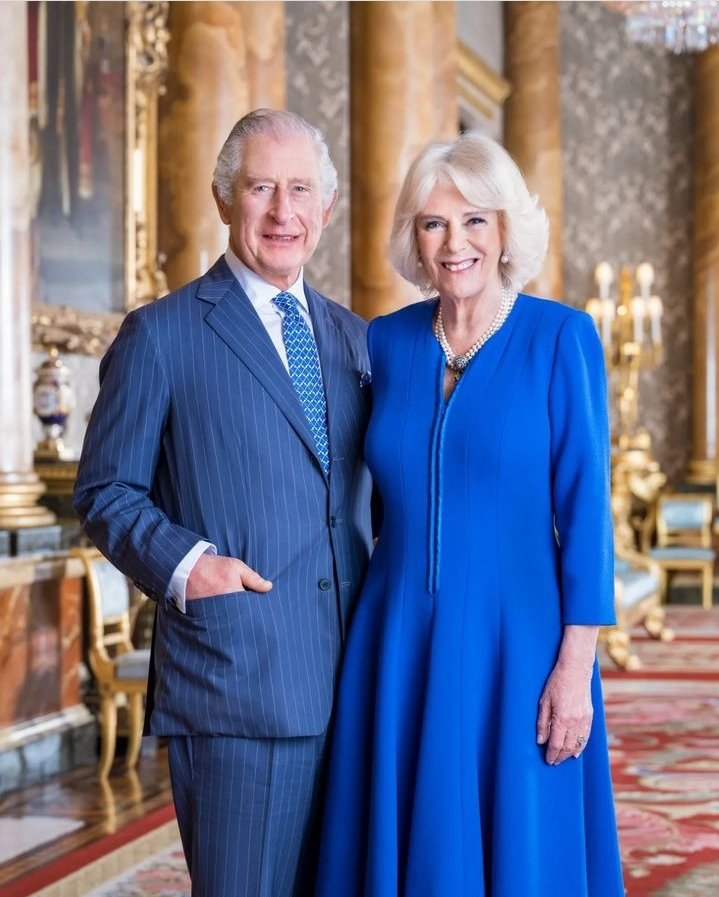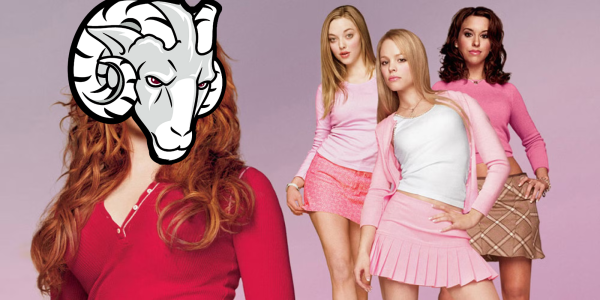The Monarchy’s Relevance Has Run Dry
Despite a tumultuous history, Americans have tuned into the comings and goings of the British Royal family since even before the nation declared independence. With the advent of smartphones and ever-present online media, the royal family have become less like national figureheads and more akin to Hollywood celebrities. Headlines that discuss the royals read more like tabloid coverage about the Kardashians than political figures. And while British and American news outlets have always covered the Windsors, American actress Meghan Markle’s marriage to Prince Harry in 2018 sent many American publishers into a frenzy that has yet to truly die down. The persistent attention media outlets give to the Windsors implies that there is a prominent American audience, excited for more royal news. But how many of us really care all that much about the British royal family? And honestly, why should we care?
To begin my research for this article, I thought it necessary to take a read through Prince Harry’s memoir, “Spare.” While reading, there were two things that stood out to me. One: how dysfunctional the royal family is, and two: how ridiculously out of touch the family is with average people. Neither of these claims is in any way shocking — truthfully they are painfully predictable — but it was the pervasiveness of these two facts throughout the book that stung. Every moment of Prince Harry’s life, at least the way that he describes it, is characterized by the extravagance of his existence, an extravagance that is still not enough to fill in the gaps between him and his family. In this way, the book is equally frustrating as it is sad. Prince Harry bemoans the isolation he felt at his $55,000 a year boarding school, getting one of the best educations in the world. His childhood tales of always playing second fiddle to his brother, Prince William, are peppered in amongst stories about trips to Africa and tropical islands.
If nothing else, “Spare” is a testament to why the tradition of a British royal family should be done away with. As Prince Harry makes clear in his memoir, the family is so out-of-touch with average life that they cannot appreciate all the wealth their birthright grants them. The expectations for royalty and the effect that has had on the royal family unit is nothing but a burden. Prince Harry wanted out; perhaps, the whole family will be next.
The actual likelihood of evicting the Windsors from the luxurious Buckingham Palace may not seem very high, but it certainly wouldn’t be the first time the idea has been proposed. In fact, the monarchy was abolished in 1649; however, it was reinstated only 11 years later. And as any avid watcher of “The Crown” would know, the monarchy has struggled to keep approval ratings up and members of the public positively invested in royal affairs. Not much has changed today. As of 2022, a poll suggested that only 62% of British people were in favor of maintaining the monarchy, not an incredibly strong majority. A large chunk of these 62% were above the age of 50. Among 18-24 year olds, only 33% were in favor of keeping the Windsors around. Young generations have historically disapproved of the monarchy, but the messy, socialite-type drama of present royal affairs promises to garner a more permanent criticism from the public.
The financial maintenance of the British monarchy is also not an efficient financial move on behalf of Parliament. In the 2020-21 fiscal year, the Sovereign Grant (the fund that supports the royal family) amounted to 86.3 million euros, or 95.8 million U.S. dollars. The majority of this funding goes towards the maintenance of royal residencies and the renovations on Buckingham Palace, but a sizable portion also pays for frequent (and expensive) royal vacations. Abandoning the monarchy could result in an additional 95.8 million dollars in public resources or a decrease in British taxes.
All this said, it is important to note the power of British dedication to tradition. The British monarchy has far exceeded other monarchies’ expiration dates. I’ll hand it to the Brits — they’ve got some serious national pride. But as Americans, why do we care? I think the answer to this can be summed up in the words of freshman Maia Miller, FCRH ’26: “I love, love, love the royal family just because I don’t see them as real people. I just wish I was a princess.” Miller, like many other Americans, is fascinated by the opulence and strict rules of royal life. The real difference between the Windsors and your run-of-the-mill Hollywood stars is that the Windsors are the epitome of nepotism. Their fame and fortune can be attributed to nothing but their familial relations. This fantasy dominates American pop culture, taking form in everything from Disney princess movies to the increasing popularity of social media “influencers” who produce content often based on their pre-possessed wealth.
Prince Harry’s book, “Spare,” is a look at the realities of this fantasy. While it might be easy to read the book and find the royals ungrateful, their incredibly sheltered existence almost makes you pity them. Royalty doesn’t suit them, and I can’t imagine how it ever could. The era of previous European sovereignty has ended. It is well past the time for the world to formally recognize the history of colonialism and the perpetuation of a brutal class system that the British royal family symbolizes. The principles upon which the royal family exists no longer serve the British people, and as Americans, we need to recognize the British monarchy for what it is: irrelevant.
Allison Schneider, FCRH ’26, is an English and political science major from Indianapolis, Ind.

Allison Schneider is a junior from New Palestine, Indiana, majoring in English with a concentration in creative writing and a minor in political science....













































































































































































































